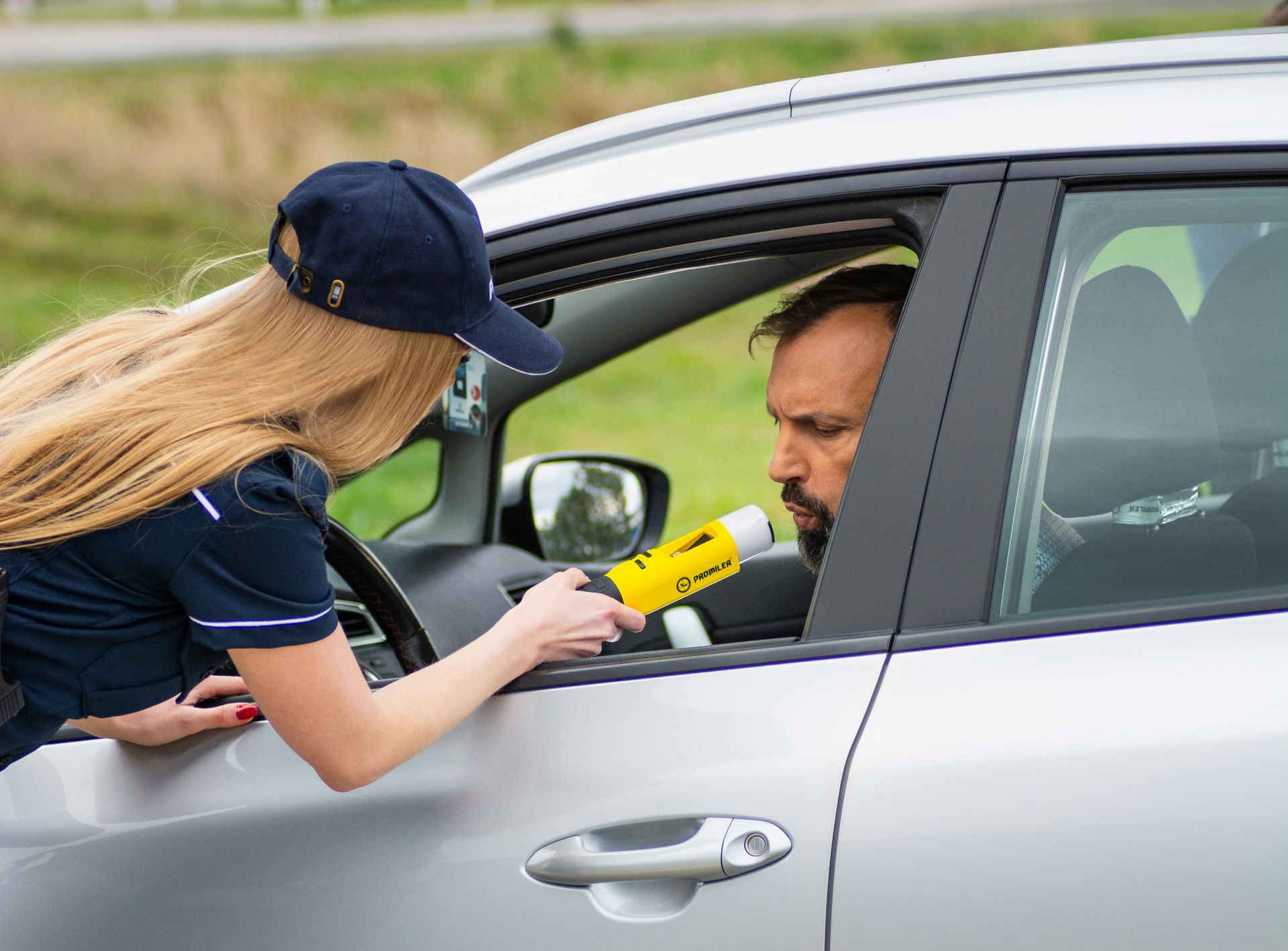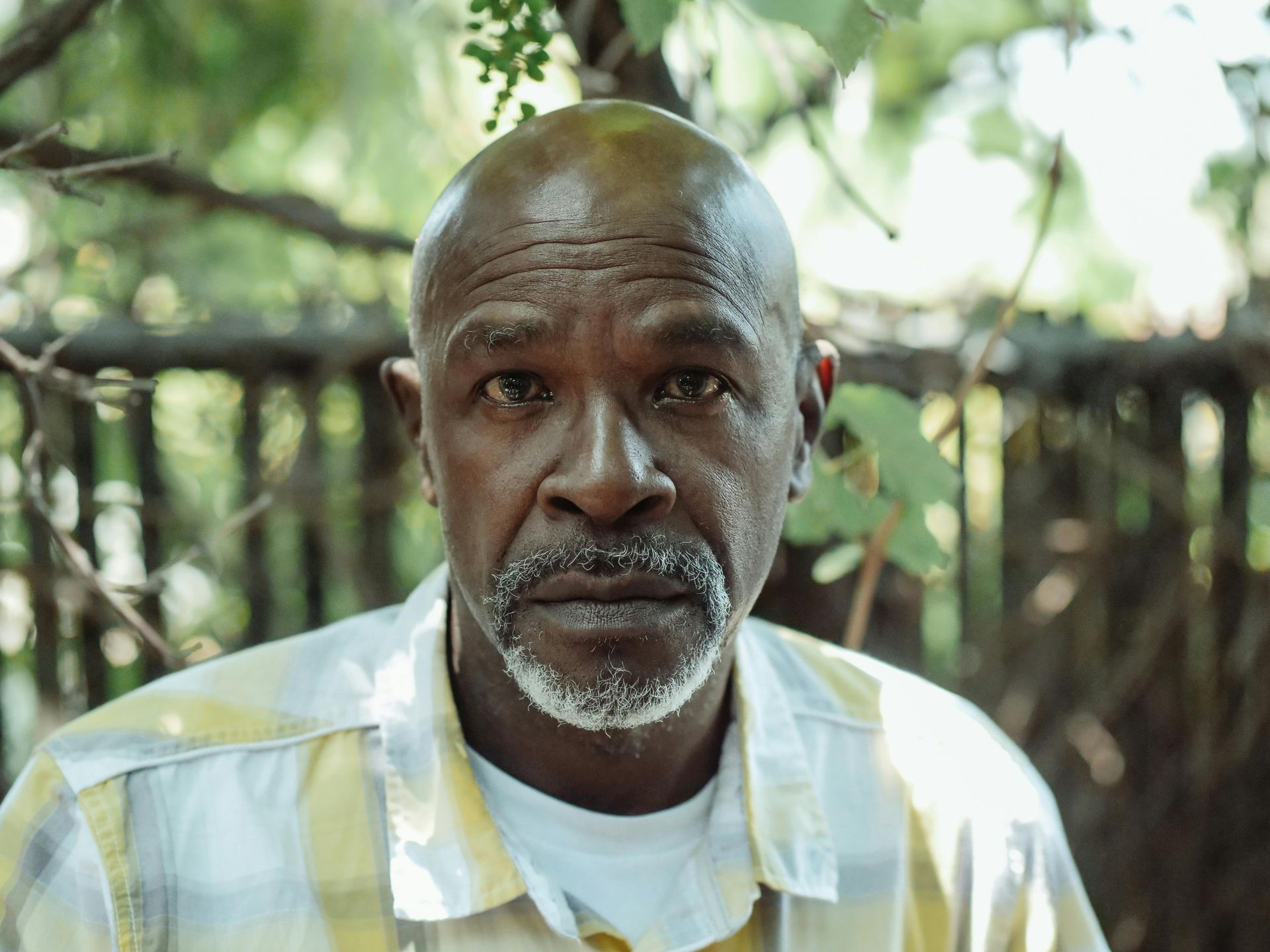Navigating the Minefield: Dealing with Insurance Adjusters After an Auto Accident in Georgia
Suffering an auto accident in Georgia is a jarring, stressful experience. Once the immediate crisis of the crash passes, you enter the second, equally stressful phase: dealing with insurance adjusters.
If you've been injured due to another driver's negligence, the at-fault party's insurance company will assign an adjuster to your case. It is vital to understand this person's role: they are not working for your benefit. They are hired and trained by the insurance company, a business whose primary goal is to minimize the amount of money paid out on your claim. Their loyalty lies with their employer's bottom line, not your recovery.
At Crumby Law, we level the playing field. Daniel Crumby is one of Georgia's Most Trusted Criminal Defense, Personal Injury, Nursing Home Abuse, and Elder Neglect Lawyers. Book Your FREE Consultation Today to Get the Compensation and Representation You Deserve. We know the tactics adjusters use and how to counter them to protect your right to fair compensation.
What NOT to Do When Talking to an Adjuster
The first contact with an insurance adjuster sets the tone for your entire claim. One innocent mistake during this initial conversation can be used against you to drastically reduce the value of your case or even lead to a denial.
1. Never Give a Recorded Statement
Adjusters will almost always ask you to provide a recorded statement, claiming it is "standard procedure" or "necessary to speed up the claim."
- The Trap: Recorded statements are designed to lock you into a version of events before you know the full extent of your injuries. Adjusters are trained to ask questions that subtly guide you toward making statements that suggest partial fault or minimal injury. For instance, an answer like, "I'm doing okay today," will be used later to argue your injuries weren't severe.
- The Rule: You are not legally obligated to give a recorded statement to the other driver's insurance company. Politely decline and state, "I will not be providing a recorded statement. Please direct all future communication to my attorney."
2. Do Not Discuss Fault or Apologize
Under no circumstances should you admit fault, speculate about the cause of the accident, or even say, "I'm sorry," to anyone, including the adjuster.
- The Risk: In Georgia, which follows a modified comparative negligence rule, your compensation can be reduced by your percentage of fault. If you are found to be 50% or more at fault, you get nothing. An apology or a casual comment about the accident can be interpreted as an admission of fault, even if you were just being polite.
- The Response: Stick strictly to the facts: your name, contact information, the date and location of the accident, and your vehicle's information. Do not elaborate on the sequence of events.
3. Never Sign a Blanket Medical Authorization
The adjuster will likely ask you to sign a document that gives them permission to access your medical records.
- The Trap: The document they send is often a blanket release that allows them to comb through your entire medical history for years, hunting for a pre-existing condition. They will then try to argue that your current injuries were not caused by the accident but are merely flare-ups of old issues.
- The Rule: Never sign this without a lawyer's review. Your lawyer can draft a limited medical authorization that restricts the adjuster's access only to records directly relevant to the injuries sustained in the car crash.
Top Adjuster Tactics to Watch Out For
Insurance adjusters employ several common tactics designed to settle your claim for the lowest possible amount. Recognizing these strategies is the first step in defending your case.
1. The Quick, Lowball Settlement Offer
This tactic is particularly common shortly after the accident, when medical bills are piling up, and you may be desperate for cash.
- The Tactic: The adjuster offers a small, immediate lump sum to resolve your claim quickly. They often pressure you, suggesting the offer is "generous" or "will disappear" if you don't accept immediately.
- The Reality: These initial offers are almost always far below the actual value of your claim because you have not yet finished your medical treatment. Once you accept and sign a release, you waive all future rights to compensation, even if a serious, chronic injury is diagnosed six months later.
- Our Advice: Never accept or reject a settlement offer without consulting a Georgia personal injury lawyer first.
2. Minimizing the Severity of Your Injuries
Adjusters are not doctors, but they will often question the necessity of your treatment or the severity of your pain.
- The Tactic: They might suggest that delays in seeking treatment mean your injuries aren't serious, or they may dispute the cost of your specialist or physical therapy. They may also demand "excessive documentation" unrelated to the crash to frustrate you into settling.
- Your Defense: The best defense is a detailed, consistent medical record. Follow your doctor's treatment plan exactly. If you skip appointments or stop physical therapy, the adjuster will use that gap in treatment as "proof" that you aren't truly injured.
3. Surveillance and Social Media Monitoring
Adjusters often use modern investigative techniques to find evidence to undermine your claim.
- The Tactic: They may hire private investigators to film you or meticulously monitor your public social media accounts (Facebook, Instagram, etc.). A photo of you smiling at a birthday party or lifting a light object can be used to argue you are exaggerating your pain and suffering, even if the photo was taken on one of your "better" days.
- Your Defense: Assume everything you post online will be seen by the insurance company. Do not post photos or details about the accident, your injuries, or any strenuous activities until your case is fully resolved. Even better: make your accounts private or pause posting altogether.
The Most Important Step: Hire Legal Representation
The single most effective way to deal with an insurance adjuster is to stop dealing with them directly and hire an experienced personal injury attorney.
Leveling the Playing Field
Once you retain a lawyer, Georgia law allows you to instruct the insurance company to direct all further communication to your attorney. This immediately provides several critical advantages:
- Protection from Mistakes: Your lawyer handles all calls, letters, and negotiations, ensuring you never inadvertently say anything that could jeopardize your claim.
- Accurate Claim Valuation: Your lawyer accurately calculates the full spectrum of your damages, including medical bills, lost wages, future rehabilitation costs, and non-economic damages like pain and suffering. This allows them to counter the lowball offer with a comprehensive, evidence-backed demand.
- Litigation Threat: An adjuster knows that when they are negotiating with an unrepresented claimant, the case will likely settle for a fraction of its worth. When they are negotiating with a firm like Crumby Law, they know they are facing an attorney who is willing and able to take the case to court if a fair settlement is not reached. This instantly increases your leverage.
Get the Compensation You Deserve
If you have been injured in an auto accident in Georgia, remember this: the insurance adjuster is a professional negotiator whose job is to save their employer money. Your job is to focus on your recovery and protect your legal rights.
Do not give a recorded statement, do not sign documents without legal review, and do not accept a quick settlement. By immediately securing legal representation, you put a shield between yourself and the insurance company, allowing an expert to fight for the compensation you are rightly owed under Georgia law.
Daniel Crumby is one of Georgia's Most Trusted Criminal Defense, Personal Injury, Nursing Home Abuse, and Elder Neglect Lawyers. Book Your FREE Consultation Today to Get the Compensation and Representation You Deserve. Let us handle the adjusters while you handle your healing.
Book Your FREE Consultation Today with Crumby Law to protect your rights after a Georgia auto accident.













